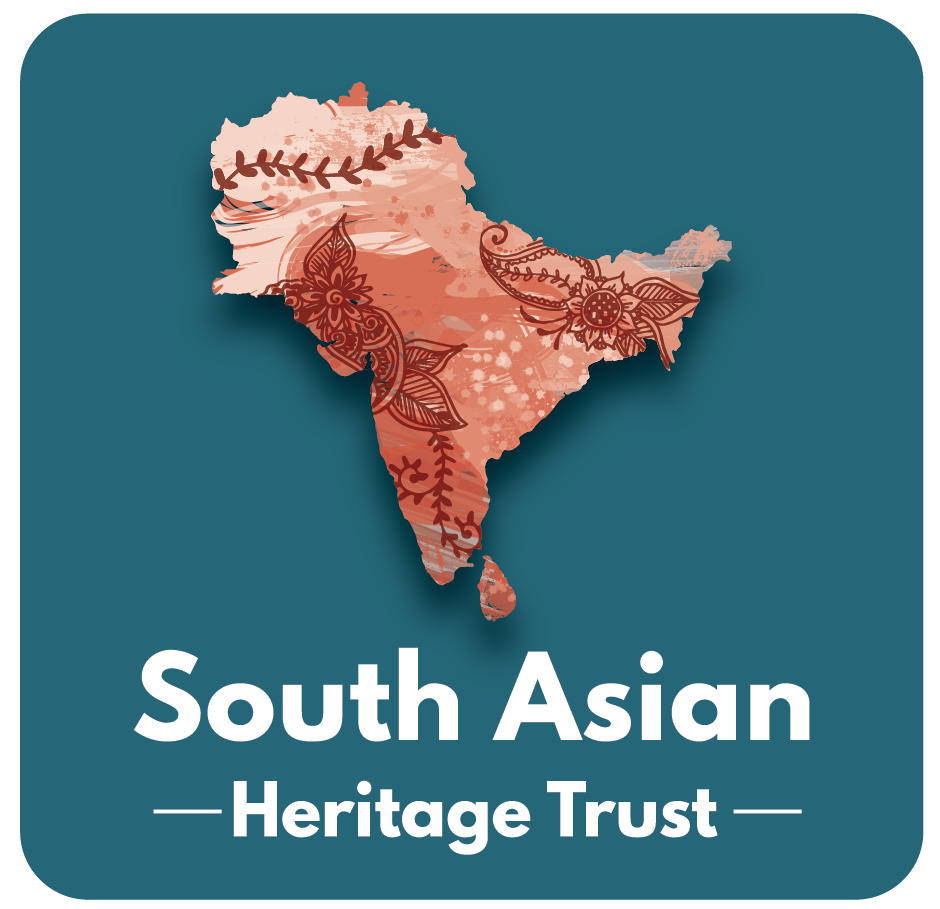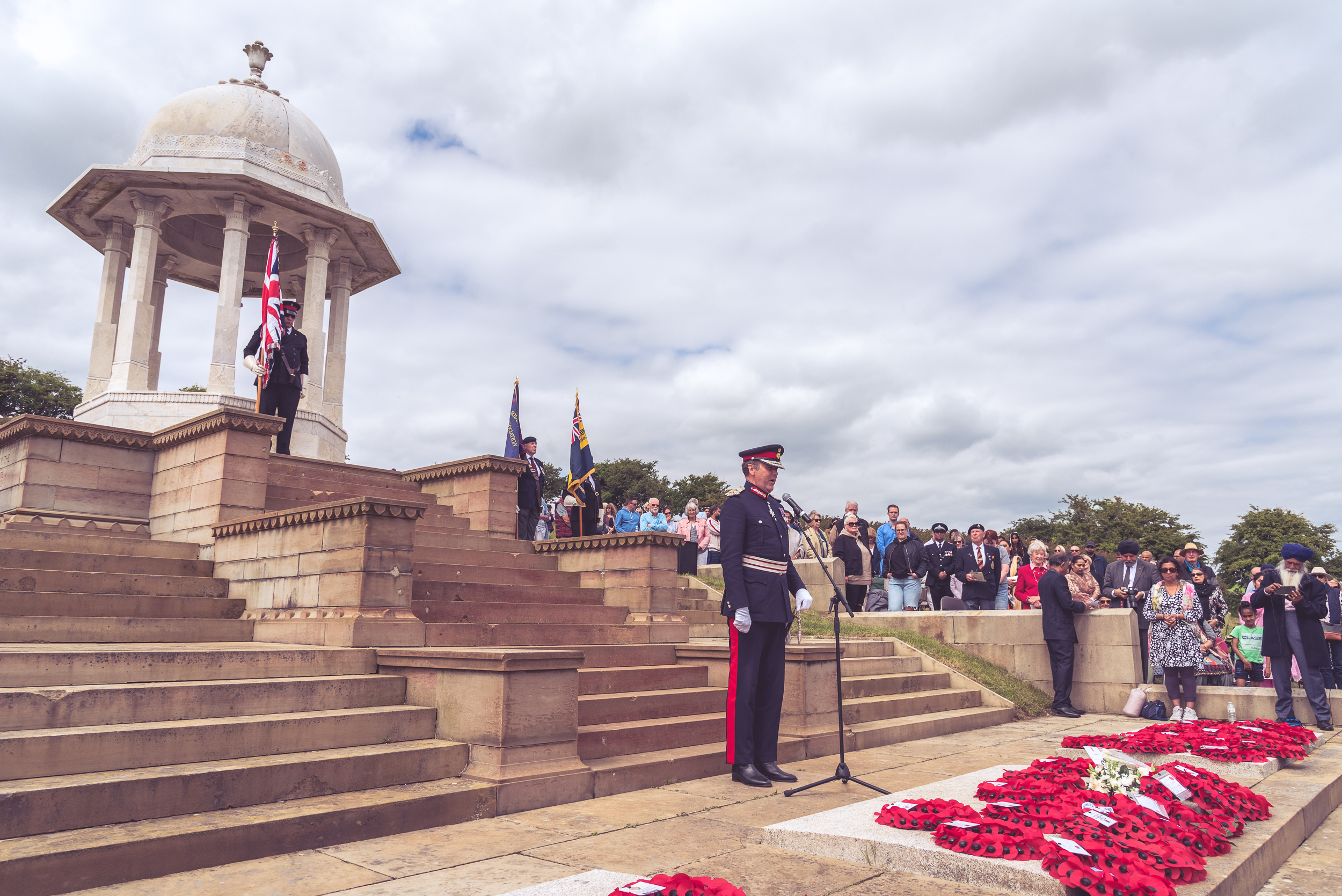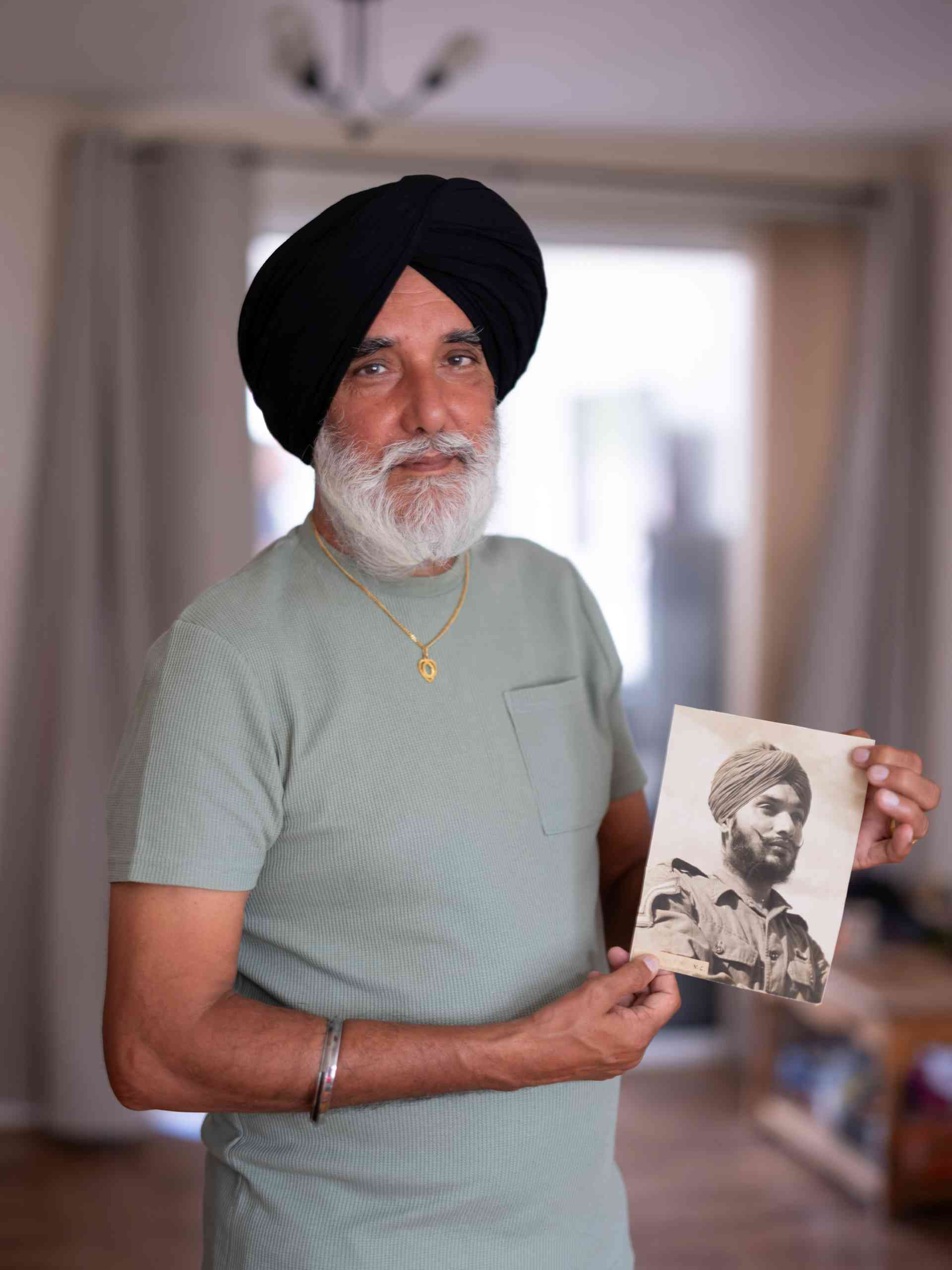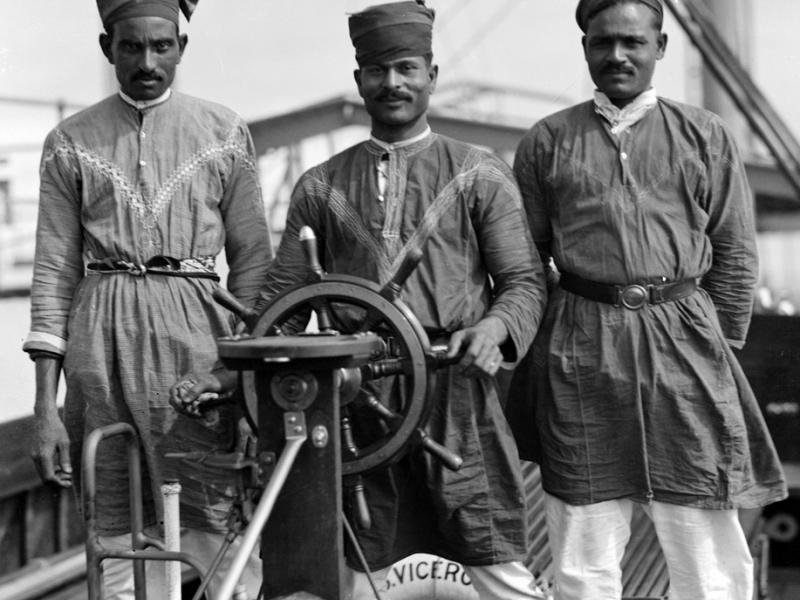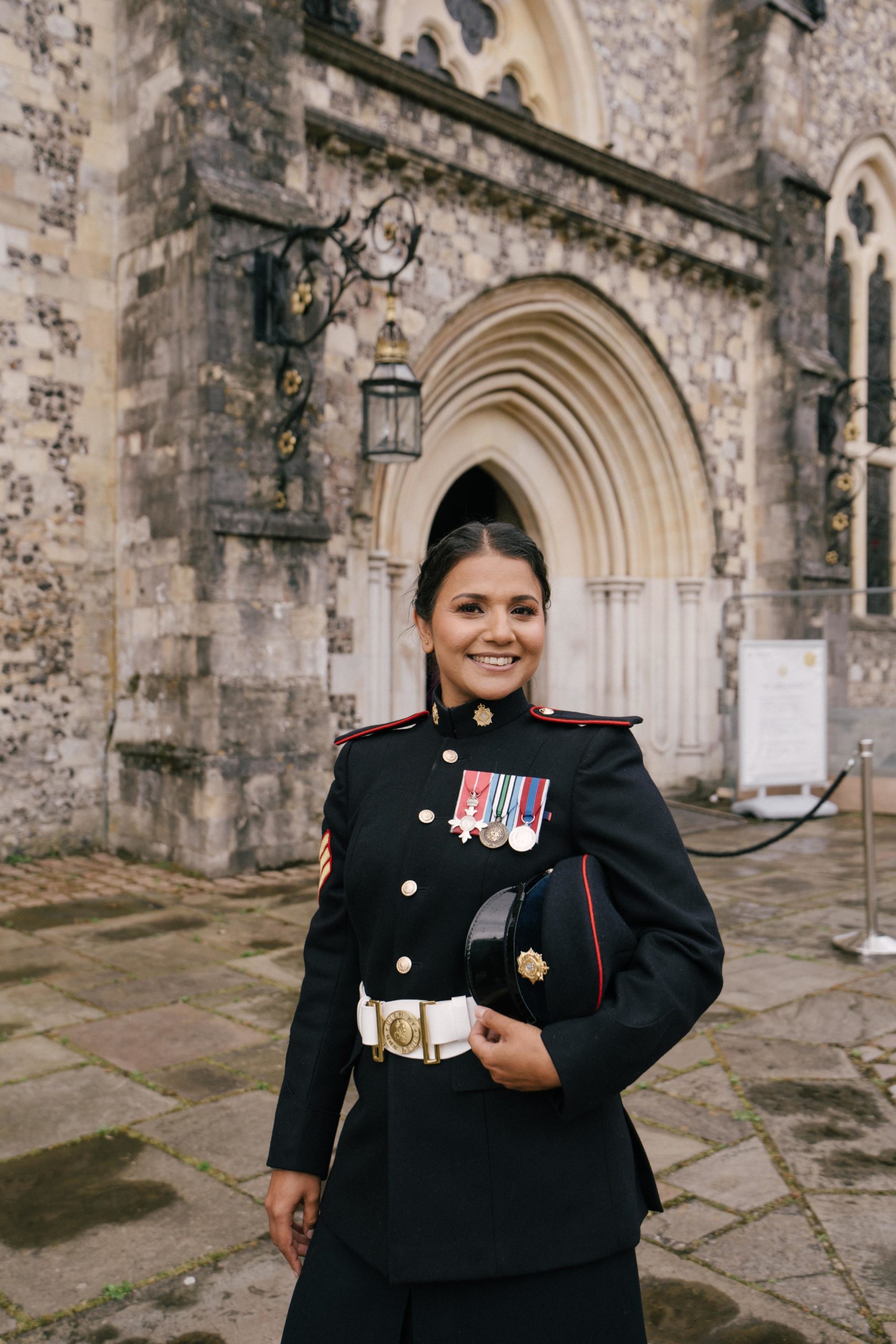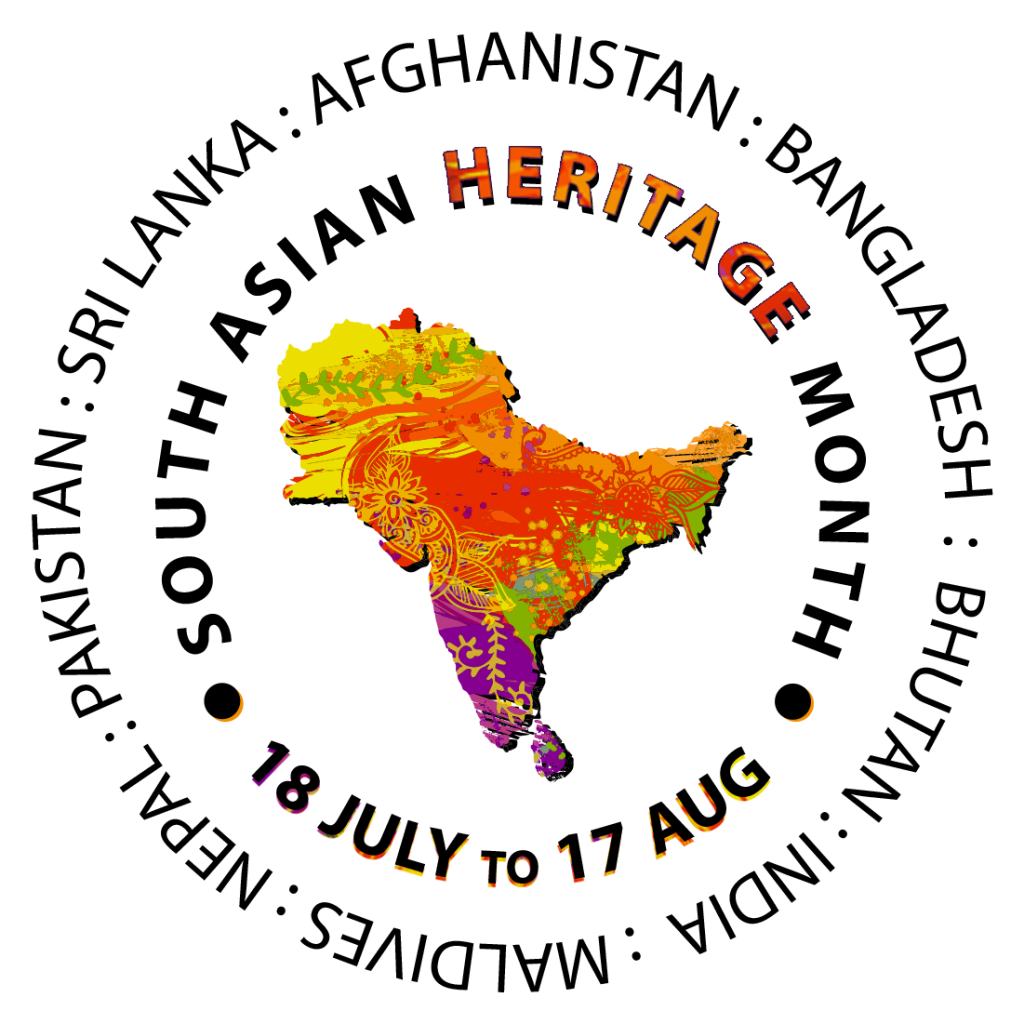Made from white marble, its octagonal base and pillars support a hollow dome, resembling a traditional umbrella – “Chattri” in Hindi, Punjabi and Urdu.
Treated in converted hospitals in Brighton, including the opulent Royal Pavilion, these brave men succumbed to wounds or illness. Following Sikh and Hindu traditions, they were cremated at Patcham Down Ghat. Their ashes were scattered in the English Channel, where the Chattri Memorial now stands overlooking the vast expanse.
Reaching the memorial is a journey mirroring the soldiers’ sacrifice. As you ascend the rolling hills, the city fades away, much like the lives of these men cut short far from home. The quietness that replaces the city’s noise becomes a powerful reminder of their ultimate act.
The idea for the memorial came from Lieutenant Das Gupta in 1915. He approached the then Mayor of Brighton, Sir John Otter, who championed the project and continued leading the effort after his term. The official unveiling in 1921 by Edward, Prince of Wales, acknowledged the soldiers’ service. He called the memorial a tribute to “brave men” who found solace on this “high eminence.”
He also recognised the Muslim soldiers who gave the ultimate sacrifice and were buried in Brookwood Military Cemetery, Woking, Surrey.
In 2009, the Commonwealth War Graves Commission (CWGC) erected a new monument beside the Chattri, listing the names of the 53 men.
Since 1951, an annual service of Remembrance has been held on the second Sunday of June, organised by the Chattri Memorial Group with Royal British Legion support. Davinder Dhillon OBE, DL, Chair of the Chattri Memorial Group says:
“The Chattri symbolises and reminds us of the contribution made by combatants and non-combatants from the South Asian community to the freedom and prosperity of Britain during the First World War. The Chattri also offers an example of the bravery of South Asian men who lost their lives willingly in foreign lands fighting a war of not their making. This contribution was repeated during the Second World War, and one could argue that because of the original contribution, people from the South Asian community are continuing to make significant contributions to modern day Britain as citizens of this country today.
The story of this rich seam of history, until recently, has been barely acknowledged by British historians, educators, writers and politicians. Arguably it has been ignored in the teaching of British history, particularly within the context of studying the British Empire and colonialism. It’s vital, in my view, for people from South Asian backgrounds to understand this period and the crucial role their ancestors played in the conflict and beyond. Ironically, it’s a perfect counter to xenophobia and racism.
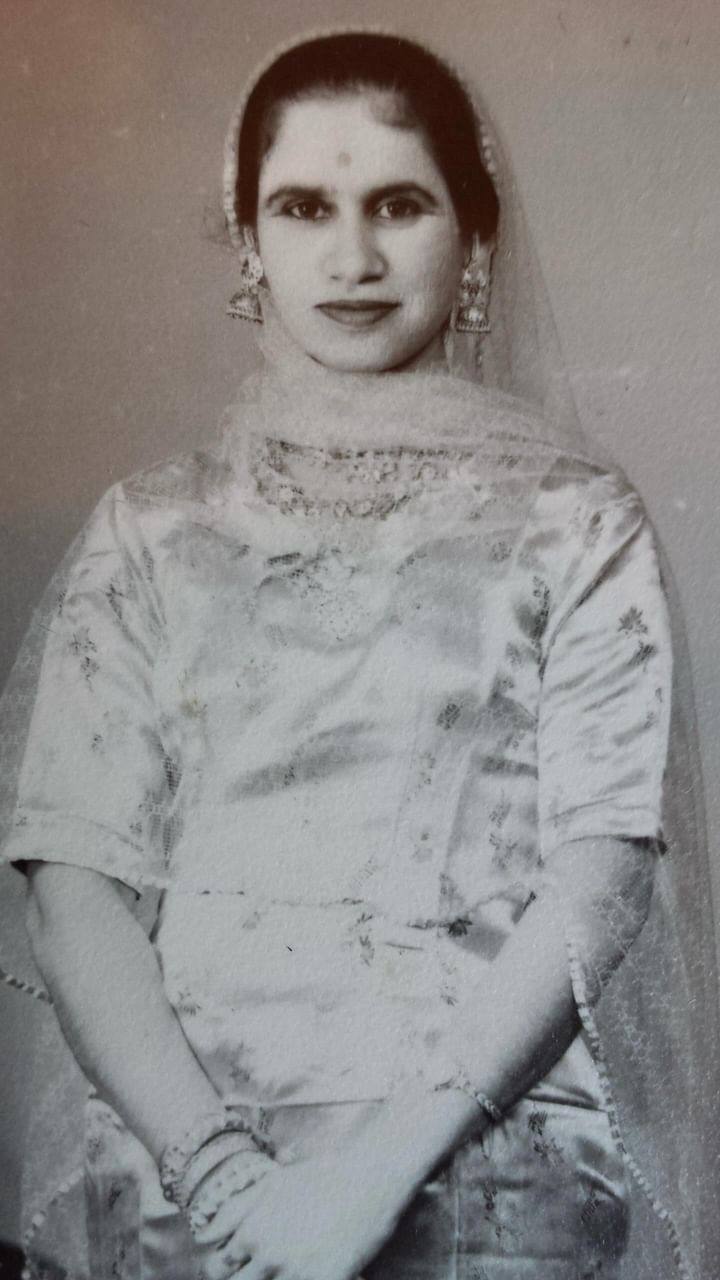
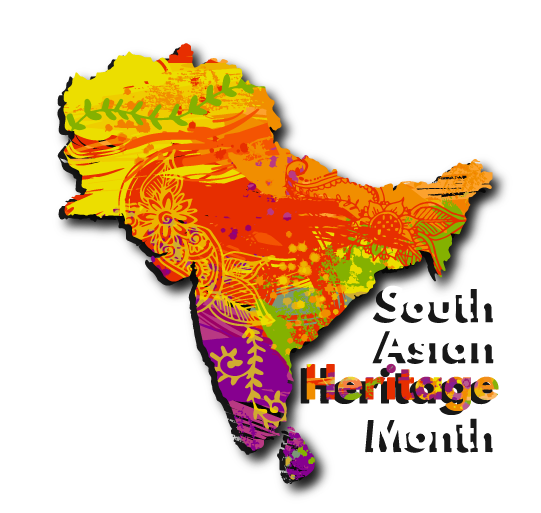 South Asian Heritage Month dates changed to "July" from 2026 — Learn more here →
South Asian Heritage Month dates changed to "July" from 2026 — Learn more here →
